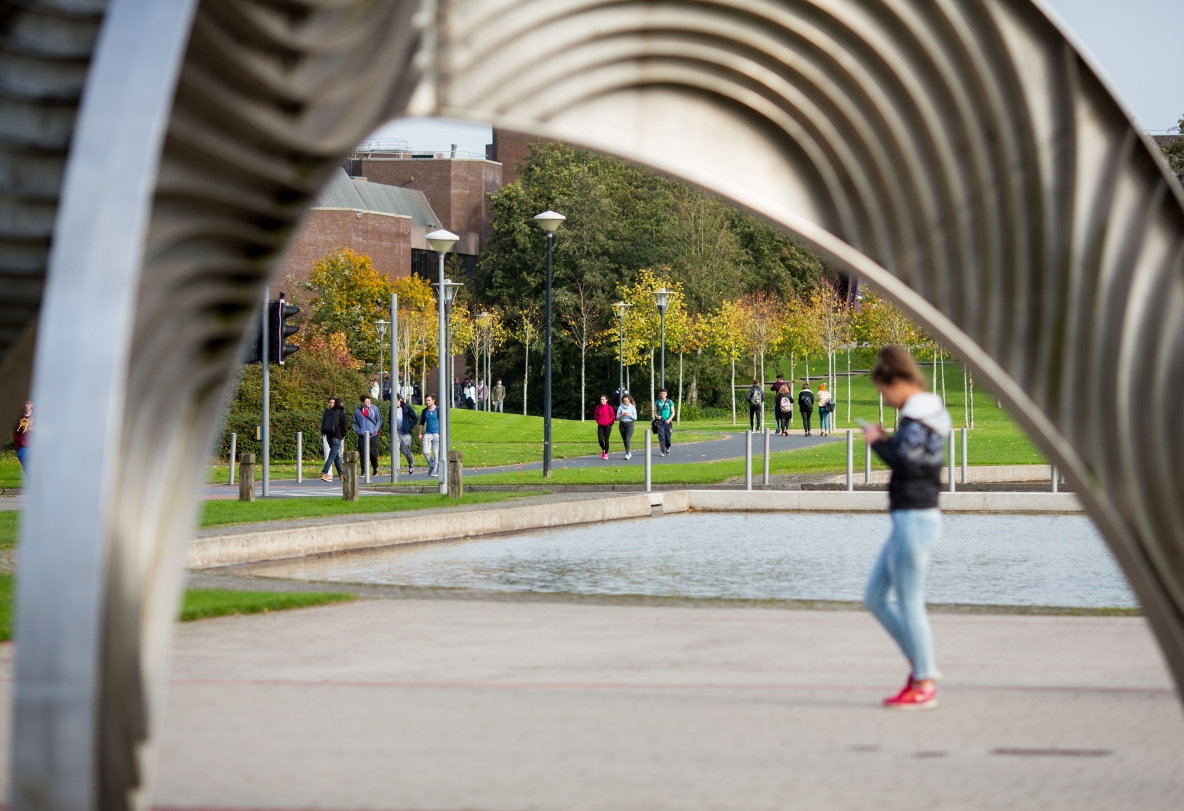
As University of Limerick enters into a significant period of growth, CAO offers to Leaving Certificate students have exceeded 3,000 for the first time in the institution’s history.
More than 3,000 Leaving Certificate students have this Thursday been offered places across UL’s 42 undergraduate programmes in a year which saw a significant increase in the number of first preference CAO applications for UL.
UL has also increased offers to access and disability students as part of a commitment to equality at the institution.
“The increase in our student offers is part of the ambitious growth plans for University of Limerick where we aim to increase our current student cohort of 15,000 to 20,000 over the next decade,” said UL President Dr Des Fitzgerald.
“We want our community of students at UL to be a closer reflection of modern society. I firmly believe that anyone who could go to university, should go to university and we are determined to have access supports in place at UL to allow that to happen.
“UL has long led the way in supporting our incoming students in the significant transition to third level education which is about more than academic studies. Our First Seven Weeks programme supports all incoming students across their entire student experience,” he added.
The recent acquisition of the former Dunnes building in Limerick city centre forms part of the hugely ambitious capital growth plans for the university.
“We are considering and planning for all of the elements that will allow for the growth of UL from an increase in student recruitment at undergraduate and postgraduate levels to the expansion of our teaching spaces, laboratory spaces as well as sporting facilities and student accommodation,” explained Dr Fitzgerald.
“As our student body grows, we have implemented a capital investment plan that is reflected on our campus as work has commenced on the massive €20m development of a new Student Centre, a 3,529 square metre building set over three storeys.
“As well as enhancing the student experience through improved facilities and offering dynamic pathways in education, a move in to the UL Limerick City Campus at the former Dunnes building is further evidence of UL’s ambition,” he added.
UL will publish a new Strategic Plan early in the coming semester for the next five years which seeks to build on the reputation of Ireland’s youngest university, which in 2019 was ranked as having the country’s number one campus and was named Sunday Times Irish University of the Year.
“We have a five–star ranking for innovation, internationalisation, engagement, teaching and, importantly, employability where UL graduates are amongst the most employable in the country,” Dr Fitzgerald added.